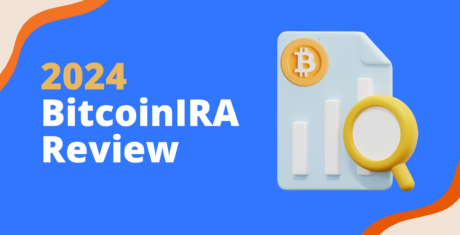One of the prime reasons why embedding Bitcoin in our daily life has become very difficult is owing to the fact that we are not equipped with the technology to monitor the transactions. Even if we do, taxation on these transactions will be complicated and would require more than just mapping the profits/exchanges between individual persons. With Bitcoin ecosystem still in its nascent state and governments still finding a way to put in place the perfect regulatory framework, the privacy of the network will be an aid for money laundering. Owing to this, Florida lawmakers are considering a new legislation that aims to stop virtual currency dealers who indulge in money laundering activities. The bill, sponsored by Miami-Dade Representative Jose Diaz, has already passed through the state’s House Appropriations Committee. Let’s dive deep into the details of the bill and its implications:
The bill for virtual currency money laundering:
Monetary concealment has been a major problem for many states across US, that has called for severe measures to stop the illicit activity. For Florida, the need for such a measure arose with the case of Michel Espinoza, a man charged for selling $1,500 worth of illegally transmitted bitcoins to undercover police. However, Espinoza’s case was dismissed because the judge considered bitcoins as a form of property. The officials weren’t pleased with the result of the Espinoza trial and are appealing the judge’s decision. Hence the bill that is being supported by the Miami-Dade Cybercrime unit will describe Bitcoin as a “Monetary Instrument” which allows them to prosecute criminals using virtual currencies for money laundering.
Miami-Dade State Attorney Katherine Fernandez Rundle said:
“This legislation makes sure that traffickers and fraudsters can no longer try to use internet-based currencies to hide and move their ill-gotten gains”
Bitcoin statuses differ across US:
The current Florida law defines “monetary instruments” as coin, US or foreign currency and checks. If the bill passes, it will mean that Bitcoin would be added to the definitions of “monetary instruments” under Florida’s money laundering act. Each state of US has different definitions for Bitcoin and that is due to lack of better resources for monitoring. The lack of general consensus amongst the states has made legal issues very painful to handle. One such ambiguity is the Anthony Murgio lawsuit where the judge declared Bitcoin as money. The Federal Judge Alison Nathan stated:
“Bitcoins are funds within the plain meaning of that term — Bitcoins can be accepted as a payment for goods and services or bought directly from an exchange with a bank account. They therefore function as pecuniary resources and are used as a medium of exchange and a means of payment”
Would this prove out to be detrimental to Bitcoin:
While recognizing Bitcoin as a monetary instrument is a big positive for the cryptocurrency as it means the currency has indeed achieved mainstream adoption, the step might have negative implications. The move comes out of necessity to regulate the cryptocurrency in cases of money laundering. This might paint a general opinion that the currency has been used too much for money laundering which is actually not the case. Reports suggest that terrorist funding and money laundering are more prevalent through actual cash than any cryptocurrency. However, this is would be one of the first steps to diligently regulate the cryptocurrency and hopefully promote adopting it on an institutional scale.







 3,500+ 5-Star Reviews
3,500+ 5-Star Reviews